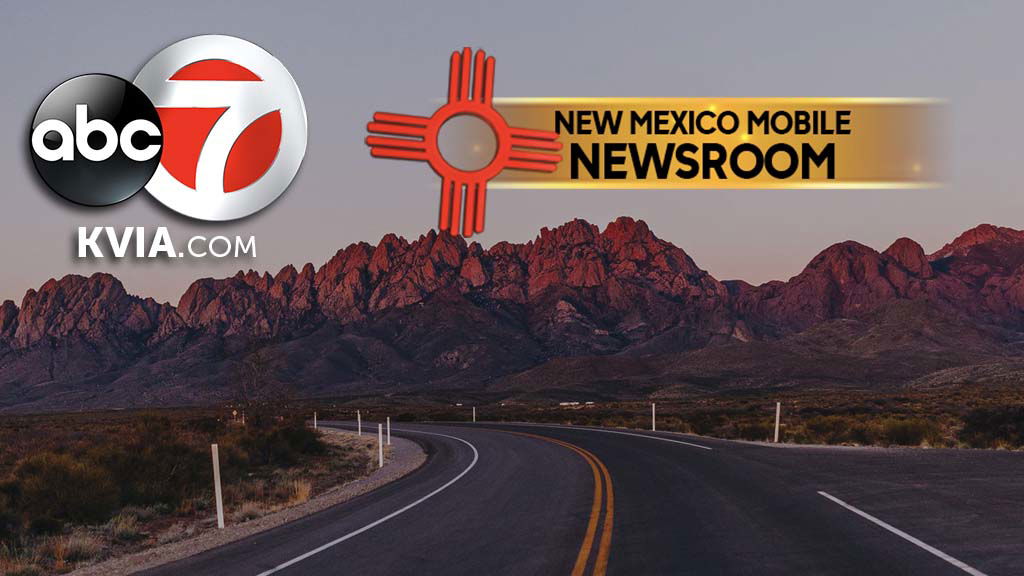New Mexico officials: More monkeypox vaccinations on order

By SUSAN MONTOYA BRYAN
Associated Press
ALBUQUERQUE, N.M. (AP) — Only 10 monkeypox cases have been confirmed in New Mexico so far, and top health officials said Thursday there were no immediately concerns that the state will see a vaccine shortage any time soon.
Officials with the state Department of Health reported during a briefing that all of the confirmed cases involve people who contracted the virus outside of New Mexico, indicating there has not yet been community spread. The update came as the U.S. government was poised to declare a public health emergency to bolster the federal response to the rising number of cases elsewhere around the country.
New Mexico Health and Human Services Secretary Dr. David Scrase called monkeypox “the new infectious disease on the block,” saying the state is taking it seriously despite the low number of cases.
New Mexico has nearly 1,000 vaccinations on hand and another 2,600 will be delivered over the coming months. Vaccinations are available by appointment only after health officials confirm that a person is at high risk by coming in contact with someone who was infected.
Each case is investigated, with contract tracing and risk exposure assessments part of the process.
Deputy Health Secretary Dr. Laura Parajón said about 250 vaccines have been administered in New Mexico as of this week.
“We are a little bit ahead of the game because New Mexico is a smaller state,” she said, noting the sparse population. “And we’ve got the advantage of seeing that other states already started getting cases and we then were able to prepare for this eventuality.”
The monkeypox virus spreads through prolonged and close skin-to-skin contact, including hugging, cuddling and kissing, as well as sharing bedding, towels and clothing. Symptoms can include fever, body aches, chills, fatigue and pimple-like bumps on many parts of the body.
Meanwhile, New Mexico health officials said COVID-19 cases in the state have plateaued, with the latest variant resulting in less severe illness and fewer hospitalizations. For example, less than 4% of those currently hospitalized require a ventilator — down significantly from the more than 20% early in the pandemic.
Acknowledging that New Mexico has a large percentage of people 65 and older and ranks high for other social vulnerabilities like poverty and lack of access to health care, Scrase said the state continues to closely monitor how the pandemic is affecting the health care delivery system. Right now, he said hospitals are in a much better position when it comes to having beds available for patients.
